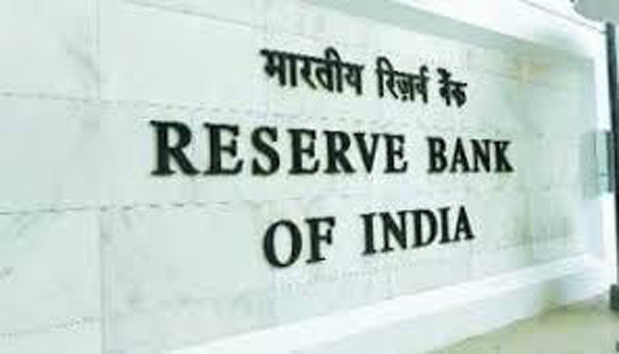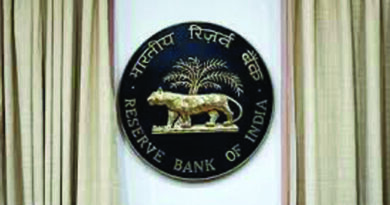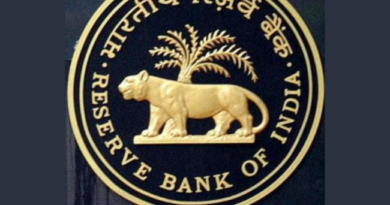Since 2017, Paytm payments bank penalised at least five times by RBI
“No fear. No greed. No entitlement. India’s most sincere bank is here”. That is how Paytm Payments Bank markets itself.
On January 31, citing non-compliance, the RBI all but shut down operations of the bank by ordering it to stop accepting new deposits in its accounts beginning March.
The payments bank, which commenced operations in May 2017, is not new to controversy and has had run-ins with the RBI on multiple occasions — in the seven years of its existence, the bank has been penalised over compliance issues at least five times by the RBI.
While the central bank’s recent crackdown has made users, merchants and its investors anxious, the RBI is yet to give specific details on what necessitated the action and what the severity of violation at the payments bank was, adding to the travails of users and merchants.
Paytm Payments Bank has been barred from offering almost all of its key services — accepting deposits or top-ups in any customer account, prepaid instruments, wallets, FASTags, National Common Mobility Card (NCMC), etc., after February 29 in the wake of “persistent non-compliances and material supervisory concerns”.
The payments bank had over 7 lakh point of sale (PoS) terminals, 3.52 crore UPI QR codes and 3.23 crore debit cards as of December 2023, RBI data shows. According to the bank’s website, it has over 30 crore wallets and 3 crore bank accounts. It has over 10 crore KYC customers, with 4 lakh users added every passing month. The bank is the largest issuer of FASTag, with over 80 lakh units issued so far.
Allegations of money laundering and foreign exchange violations have also been made against the company. However, Paytm has denied these accusations. “We are not in a position to comment on the issue as Paytm Payments Bank Limited is under the supervisory engagement of the regulator,” a Paytm Payments Bank spokesperson said.




